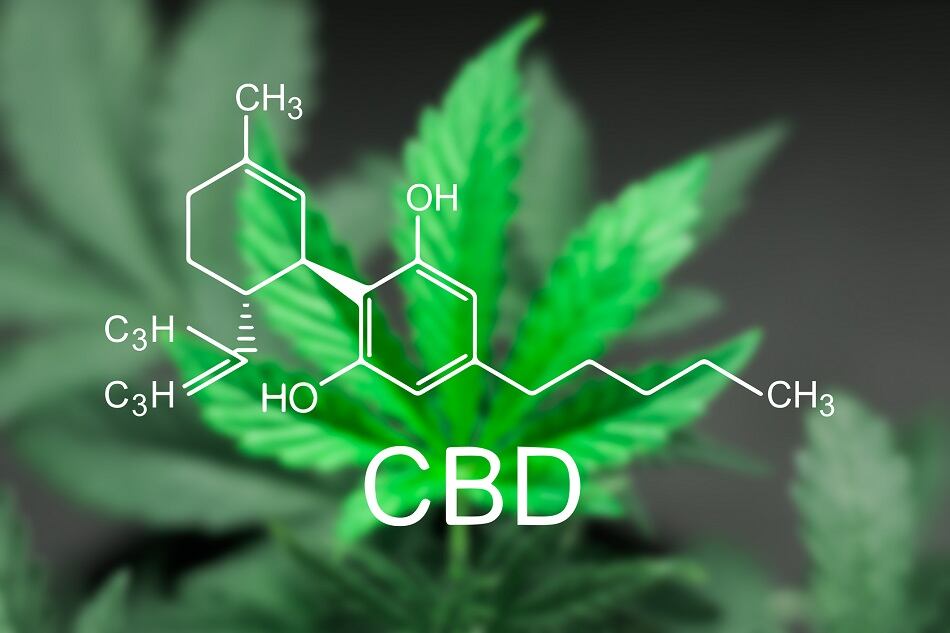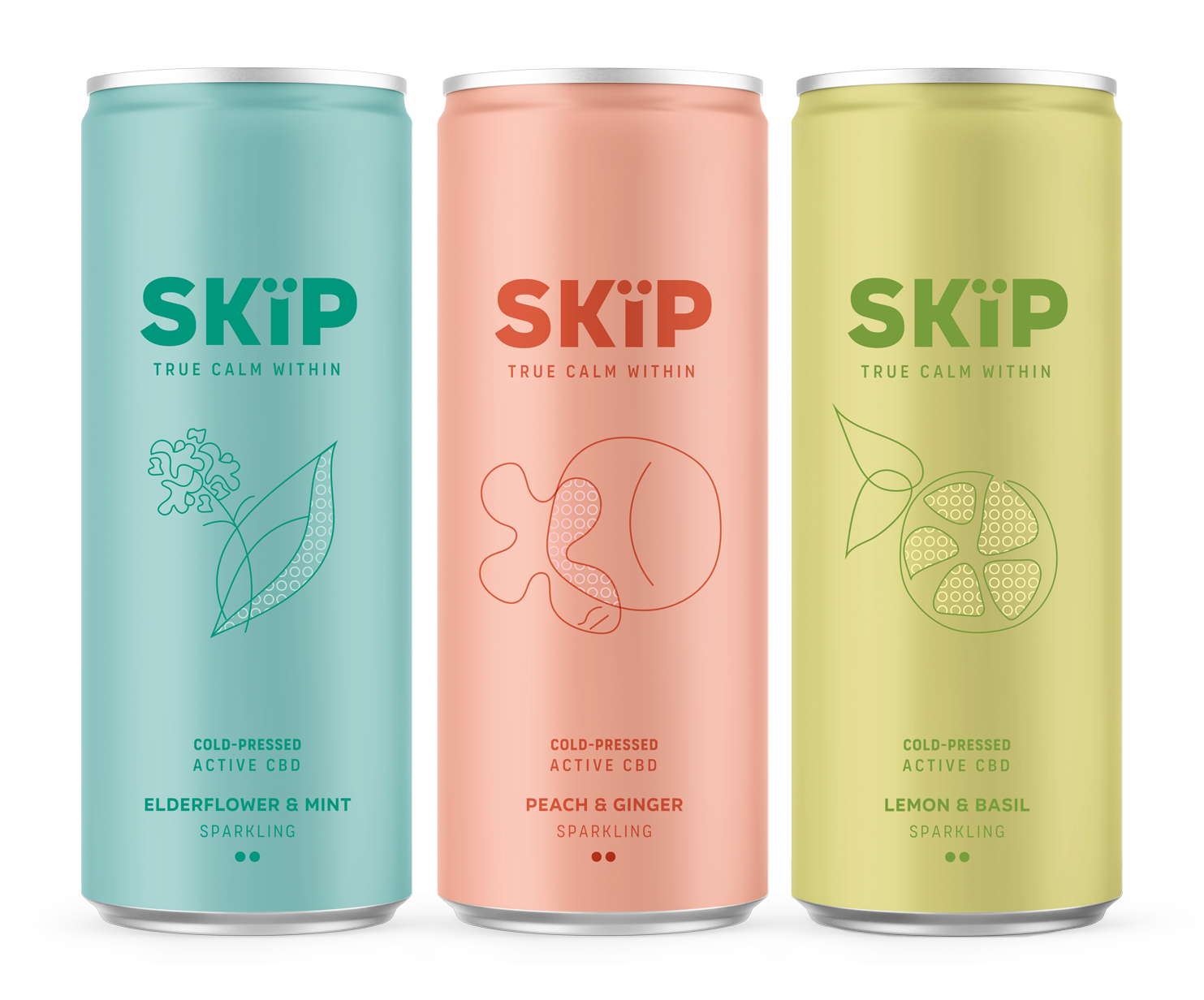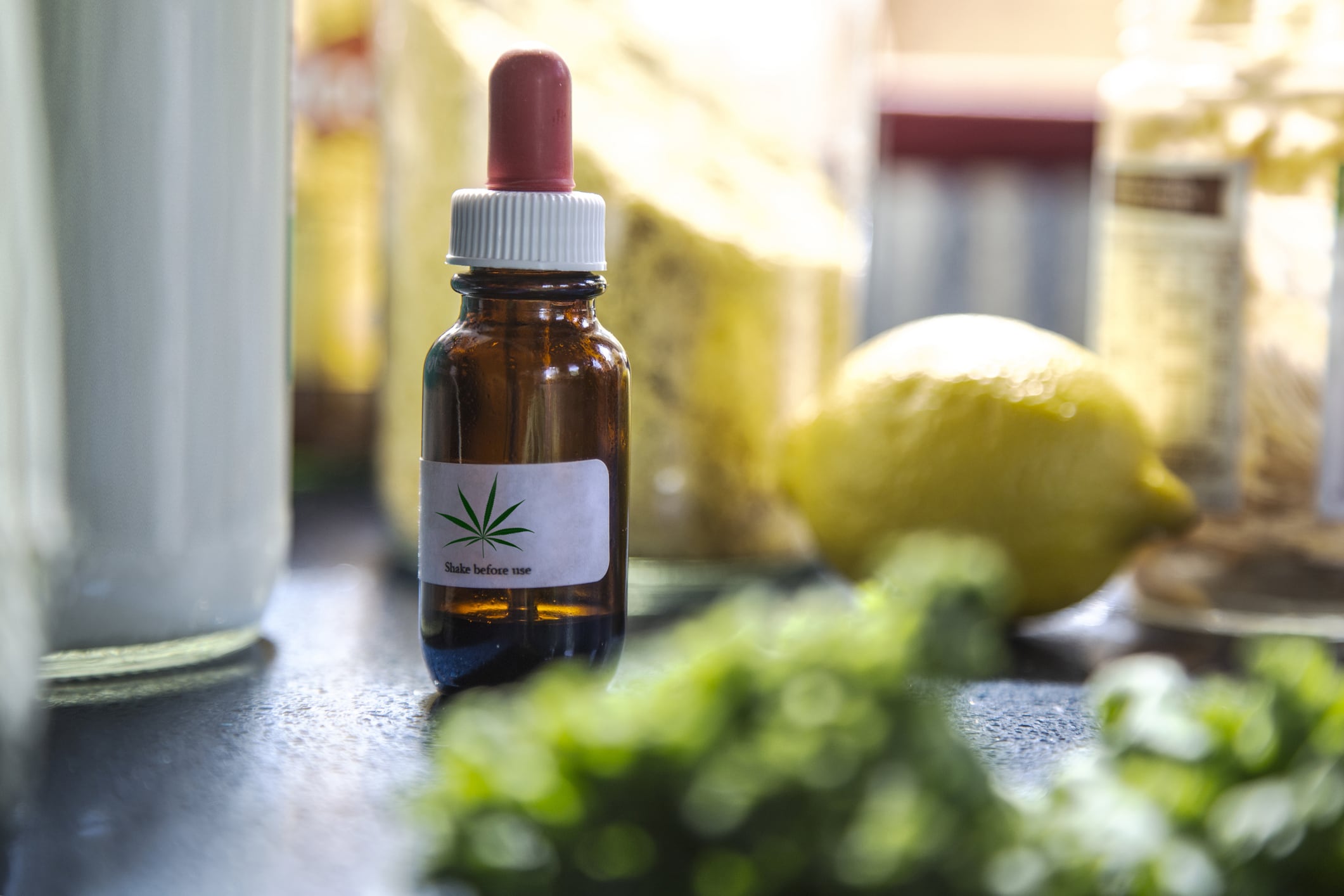If approved, these would be the first fully regulated CBD food products, bringing long-awaited clarity to a rapidly growing market.
The consultation signals the beginning of a regulated future, offering businesses and consumers a clearer path forward in compliance.
What is the consultation about?
The consultation focuses on three novel food applications (RP07, RP350, RP427) containing CBD, which is a type of cannabinoid either isolated from cannabis plants or produced synthetically. These applications relate to the authorisation of foodstuffs containing synthetic CBD, CBD isolate, and isolated CBD derived from hemp (Cannabis sativa) as novel foods.
Each applicant seeks authorisation for their CBD products to be used in the food category ‘food supplements’. These applications are the first to successfully pass the FSA’s initial safety assessments, a significant step in a tortuous regulatory process, beginning in February 2020 when the FSA made its CBD announcement.
The FSA is consulting on draft recommendations to ministers in England and Wales, proposing that these products be authorised, subject to specific and clear labelling requirements. If approved, these would be the first fully regulated CBD food products in Great Britain.
The FSA’s draft recommendations include the proposal that all authorised CBD food products should carry clear warning labels stating:
- Not suitable for persons under the age of 18;
- Not suitable during pregnancy or breastfeeding or for those trying to conceive; and
- Those taking medications or who are immunosuppressed should consult a healthcare professional before use.
Who should respond to the consultation?
The consultation is relevant to a wide range of stakeholders, including:
- Producers and suppliers of CBD, novel foods, importers, distributors, wholesalers, and retailers
- Food industry trade associations covering novel foods and CBD
- Consumers and members of the public
The consultation represents an opportunity for these groups to help shape the future of the CBD market. Businesses, in particular, should ensure their voices are heard to influence the regulatory framework that will govern their operations.
The current position on CBD in foods in Great Britain
The novel food status of CBD was first confirmed in January 2019 when the EU Commission classified food products and supplements containing CBD extract as ‘novel foods’.
Novel foods refer to ingredients that were not widely consumed in Great Britain or the EU before 15 May 1997 and include:
- Foods traditional in other cultures, such as chia seeds and baobab.
- Foods produced using new processes, like UV-treated bread.
- Foods made with novel ingredients, such as insect-derived proteins and CBD.
Post-Brexit, the FSA adopted a ‘proportionate approach’ to enforcement, allowing CBD products already on the market in England and Wales to remain available provided they were linked to a credible novel food application for authorisation. In order to be eligible for this proportionate approach, products had to meet the following criteria:
- They were on the market at the time of the FSA’s CBD announcement on 13 February 2020;
- A novel food authorisation application for the products was submitted to the FSA by 31 March 2021; and
- The application was validated by the FSA or agreed that it was sufficiently progressing toward validation.
These products were added to a public list maintained by the FSA, but no new CBD extracts, isolates, or associated products (including new brands and white label products) could enter the market without authorisation by the FSA.
Currently, there are no authorised CBD food products in Great Britain.
Businesses seeking to sell novel CBD food products must apply for authorisation via the FSA’s regulated product application service (i.e. the process the three applicants whose products are the subject of the FSA’s consultation will have used). If an ingredient is authorised, that authorisation applies to the ingredient only.
It is important to note that CBD products intended for medical use fall under the remit of the Medicines and Healthcare products Regulatory Agency (MHRA), while vaping products containing CBD are regulated by local Trading Standards.
Building trust and unlocking compliant growth
Authorisation of CBD novel foods in Great Britain would provide legal clarity and legitimacy, enabling businesses to operate in a regulated and transparent market. Compliance with safety standards may also enhance consumer confidence in CBD products which may increase demand and therefore drive growth in the wider CBD food and beverage sector.
Authorisation ensures that CBD food products meet safety standards, reducing the risks associated with unregulated products which, in turn, means consumers benefit from higher-quality products with consistent, accurate labelling and CBD content.
Businesses were required to submit valid applications to the FSA by 31 March 2021 in order for their CBD-containing products to remain on the market while awaiting full authorisation. Businesses who have submitted their applications are therefore likely to have a head start over competitors who never made an application to the FSA in line with the March 2021 deadline.
As a result, businesses with authorised products may gain a competitive edge over their competitors, allowing them to be at the forefront of the newly regulated space and unlock compliant growth, driven by consumer trust and confidence in regulated products.
Authorisation may also open opportunities to export to international jurisdictions with similar regulatory frameworks, which again, promotes growth in the CBD food and drink sector and leads to innovation, as businesses seek to differentiate themselves from competitors.
Balancing costs with long-term gains
Unfortunately, as with all new regulatory regimes, businesses will be expected to absorb the costs associated with submitting applications to the FSA, safety testing and producing safety documentation.
Businesses will also be expected to absorb the costs associated with changes required by new regulations or regulatory requirements, including product labelling or even product reformulation.
Ultimately, non-compliance with novel food regulations may result in enforcement action and fines which may damage a business’ reputation and shake consumer confidence, particularly where ostensibly regulatory compliant CBD food products are available on the market.
Enforcement action becomes more likely where the position regarding CBD foods has a regulatory framework, as opposed to the proportionate approach to enforcement previously exercised by the FSA, when CBD food products were not approved. Retailers must prepare therefore for the shift to a fully regulated CBD food market.
A safer, regulated future for CBD
The FSA’s consultation represents a pivotal moment for the CBD food and drink sector. A regulated market will benefit consumers through improved safety and quality while providing businesses with a framework to innovate and grow.
For businesses, early preparation is key. Businesses should consider relabelling products in line with the FSA’s draft proposals, in order to forecast costs and ensure compliant products are ready to go, if CBD novel foods are authorised. Acting early will minimise disruption and ensure a smooth transition to compliance.
With the consultation closing on 20 November 2025, businesses must seize this opportunity to shape the future of the CBD market. Early preparation will not only mitigate risks but also position businesses to thrive in this quickly evolving landscape.
About the author

Having trained at law firm Addleshaw Goddard, Eleanor joined the global investigations team in September 2020 as an associate and specialises in regulatory legal issues including health and safety, food safety and hygiene, product labelling and product safety.




